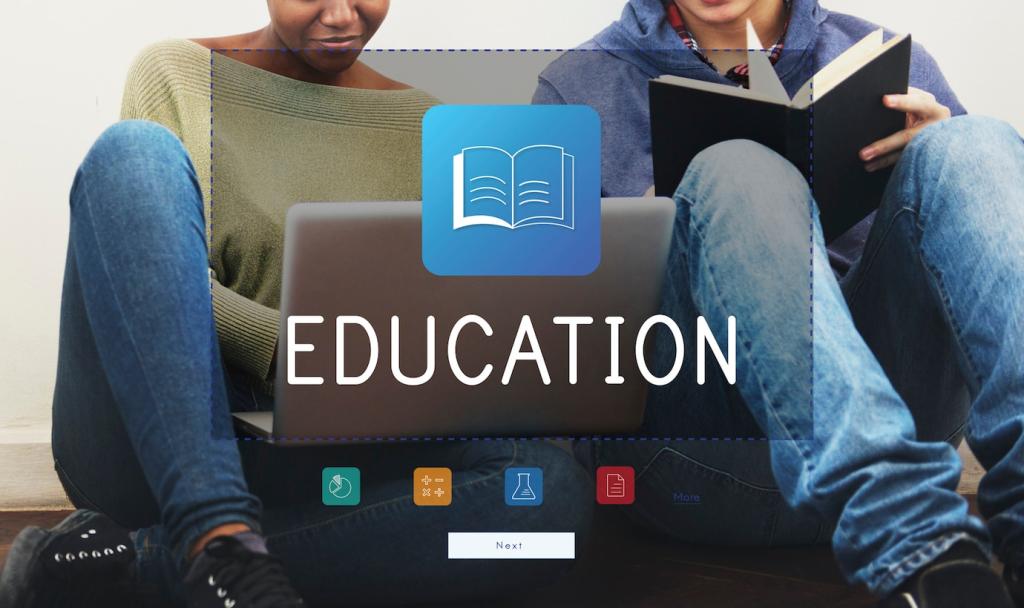AI That Adapts to You
Imagine a conversational tutor that models expert thinking, nudges you with Socratic questions, and celebrates small wins. Lina, a nursing candidate, used one to rehearse triage scenarios nightly, gaining calm clarity before exams. Share your dream tutor features, and tell us which subjects need this most.
AI That Adapts to You
Adaptive engines watch patterns, forecast confusion, and rearrange content so effort lands where it matters. Short quizzes seed insights, while spaced practice sharpens recall. Try a tiny A/B experiment in your course, then comment with what changed for your learners and why.



